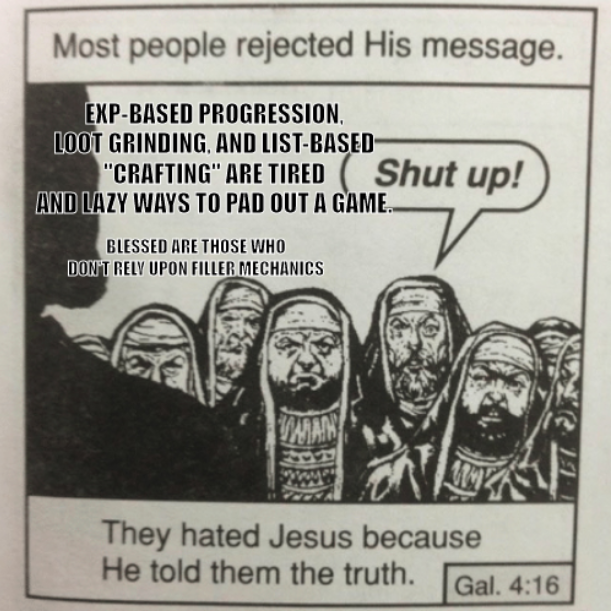this post was submitted on 26 Mar 2024
174 points (99.4% liked)
196
17864 readers
199 users here now
Be sure to follow the rule before you head out.
Rule: You must post before you leave.
Other rules
Behavior rules:
- No bigotry (transphobia, racism, etc…)
- No genocide denial
- No support for authoritarian behaviour (incl. Tankies)
- No namecalling
- Accounts from lemmygrad.ml, threads.net, or hexbear.net are held to higher standards
- Other things seen as cleary bad
Posting rules:
- No AI generated content (DALL-E etc…)
- No advertisements
- No gore / violence
- Mutual aid posts are not allowed
NSFW: NSFW content is permitted but it must be tagged and have content warnings. Anything that doesn't adhere to this will be removed. Content warnings should be added like: [penis], [explicit description of sex]. Non-sexualized breasts of any gender are not considered inappropriate and therefore do not need to be blurred/tagged.
If you have any questions, feel free to contact us on our matrix channel or email.
Other 196's:
founded 2 years ago
MODERATORS
you are viewing a single comment's thread
view the rest of the comments
view the rest of the comments

There are lots of other ways for progression instead of inflicting more damage because of some numbers.
I think of:
Just getting better at jumping/slashing/tactics
Having limited gear that you have to switch out or improve throughout the story
Gaining new abilities or allies
And just that if you keep "improving" and inflicting more damage and have higher defense, at the same time the opponents become stronger, it would have been the exact same difficulty level if the numbers just stayed the same.
There's two main aspects to this:
You want the difficulty curve for the PC to be steeper than for the player for well balanced gameplay, if it's the other way around or stays completely flat things tend to get sluggish and/or boring fast. That is, while the PC character goes from nobody to world-saving superhero legend the player only needs to have a modicum of skill increase to get an erm sense of pride and accomplishment. You can challenge player skill by giving them more to handle when it comes to controlling the PC, say that extra move a skillpoint unlocked now needs additional timing and tactics, to use it properly the player, not the PC, will have to learn that skill, too.
Then, levelling up PC power also provides a check on what regions the player can (sanely) access giving a natural way to unlock regions over time, prompting players not to run everywhere but stay in a region for a while, explore, see things, etc, without feeling boxed in by "find key to unlock door" tropes. That way you can have an open world and still write a (mostly) linear story, in principle even without having a main quest. Of course, don't auto-level enemies then. If enemies would be trivial at the PC's power level rather make them run away.
That player skill progression doesn't work if the optimal gameplay in each and every situation no matter what character you start out as, over the whole game, is to play a stealth archer, looking at you Skyrim. Meaning that it's important to triple and quadruple-check whether your design allows players to optimise the fun out of the game which they will invariably do if given the chance. That btw is why killing things in Witcher 3 gives so little XP: If you want to grind XP the most efficient way is to do side quests, those dastardly game designers really trick you into playing the game, how devious :)
Usually you should have an experience in mind and bullet-proof your mechanics to provide that experience. Or at the very least be aware of what kinds of experience can be cheesed out of mechanics that you brainstorm. Whether you discover an experience you want to convey from mechanics you come up with or you craft mechanics to elicit a particular experience: Ultimately a game isn't about the mechanics, they're a tool to direct player behaviour and with that player experience.